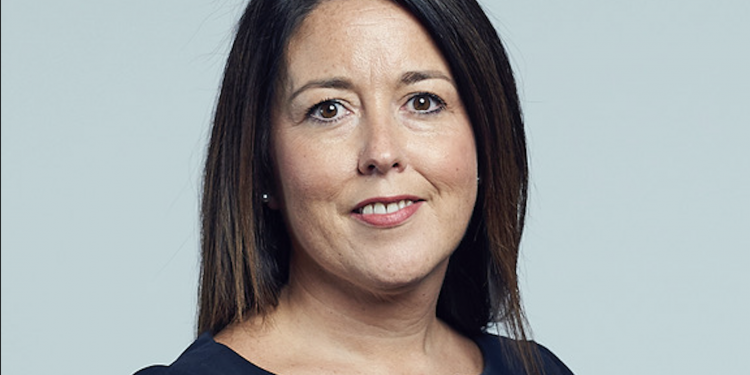In the last few years there has been an increased focus on diversity and inclusion right across society, leading to higher expectations from workers towards the companies that employ them. But the reality is change is often frustratingly slow, and best intentions can sometimes fail to lead to truly tangible action.
Our industry is not alone in having work to do to better reflect the communities and companies we serve. However, there are positive signs that IFAs are making real progress on diversity. A recent survey found that one third of IFAs recognised there was a “desperate need” to improve diversity and inclusion across the sector.
Supporting greater diversity and inclusion isn’t just about doing the right thing – it also makes business sense to do so. Research has consistently found that more representative workforces are more likely to outperform less diverse peers when it comes to profits. Employee engagement and retention is also higher. And more diverse workers can only improve how we work with client organisations who themselves have diverse workforces.
So how can we keep progressing with diversity and inclusion in the advice sector to ensure we’re able to maintain a high level of service and support for our corporate clients?
IFAs support for diversity
The financial advice sector still has a way to go to reflect the ethnic and gender make-up of the UK. On average, 91 per cent of IFAs are white while 5 per cent are Asian, 2 per cent are of mixed ethnicity and 1 per cent are Black. Men make up 80 per cent of IFAs, while 19 per cent are women.
There is recognition, however, of the need for change. Almost one third of IFAs (32 per cent) think that the demographic makeup of advisers does not reflect our wider society and believe this is an issue that the industry should address. It’s evident that IFAs want to create a thriving, diverse industry, not least to better support their corporate clients.
Attracting and retaining new talent
Attracting new talent from diverse backgrounds is key to improving diversity – and this is an area where there is a clear opportunity to explore different pathways into the sector.
Today, just one in six IFAs (17 per cent) say their business provides mentoring or internships and training placements for diverse candidates. Such initiatives are gradually increasing in number, however, with a further 21 per cent of IFA firms planning to do introduce mentoring schemes or internships and training placements in the next two years.
This is promising – but what else can be done to help make a career as an IFA appealing to more people?
Part of the answers lies in education and raising awareness of the profession amongst under-represented groups. A quarter (26 per cent) of IFAs think conducting more outreach and educational activity with schools and colleges would be an effective way of attracting more people from diverse backgrounds into the profession.
Many young people have not considered a career in the IFA sector, either because it wasn’t something they were aware of or because they thought it wasn’t a job for people like them. If we can change perceptions and excite young people about what a rewarding and fulfilling role being an IFA is, then we can start attracting a whole new pool of different people into the profession.
Along with inclusive recruitment, the sector has an opportunity to implement diversity and inclusion training. Six in ten (62 per cent) IFAs are conscious that they have not introduced any policies and processes to increase diversity in their workforce, while just 4% report having undergone unconscious bias training. A further 11 per cent say their business plans to offer unconscious bias training within the next two years.
This suggests there is room to introduce diversity and inclusion training programmes, which will familiarise advisers with concepts such as unconscious bias and cultural competency – so that they are empowered to foster a diverse workplace will help build a more inclusive environment.
Push for change and diversification
IFAs are increasingly understanding the need for change when it comes to diversity in the sector – and that this is no longer a nice to do, but a must-do.
Reviewing recruitment pathways, increasing outreach and creating training programmes will not only help to improve diversity in the sector itself. These actions will also help us better respond to the priorities of our corporate customers, who are themselves taking steps to ensure greater diversity in their workforces. Taking action to increase diversity in our industry will benefit us all.





